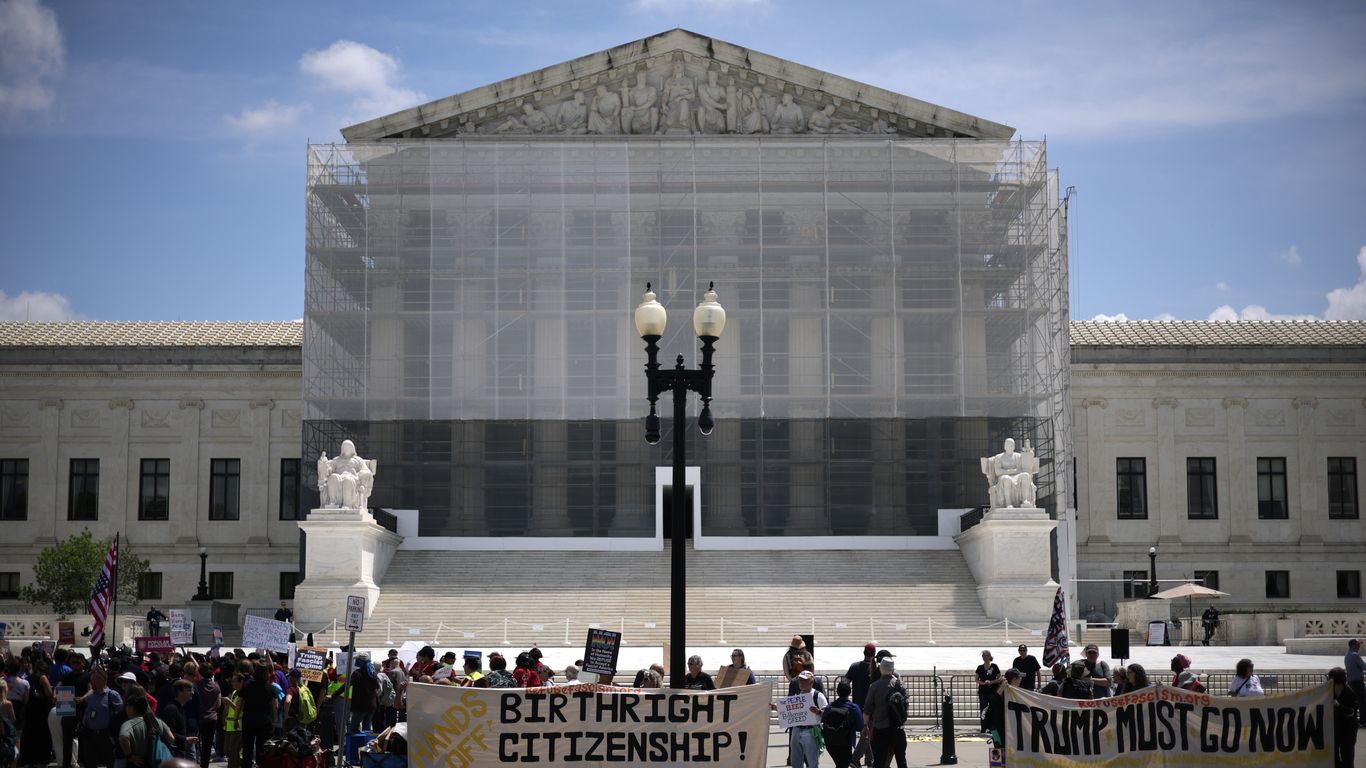Your Health Data is Being Shared: New England States Partner with Big Tech, Raising Privacy Concerns

Recent revelations have sparked significant concern regarding the privacy of personal health information. Health care exchanges in several New England states – Maine, Massachusetts, Nevada, and Rhode Island – have been quietly sharing users' sensitive health data with major technology companies, including Google and LinkedIn. This practice, intended to improve user experience and healthcare navigation, is now facing scrutiny over its potential implications for individual privacy and data security.
What Data Was Shared?
The data shared isn't directly revealing medical records. Instead, it includes anonymized and aggregated information about users' healthcare choices, such as which plans they're browsing, their location, and demographic details. While these details individually might seem innocuous, when combined, they can paint a surprisingly detailed picture of an individual's health status and lifestyle. This data was often provided through third-party vendors specializing in analytics and user engagement.
Why Was This Done?
Officials from the affected states argue that the data sharing was undertaken to enhance the functionality of their healthcare exchange platforms. The goal was to personalize recommendations, improve search capabilities, and ultimately make it easier for users to find suitable health insurance plans. Proponents claim this data sharing helps refine algorithms, leading to more relevant results and a smoother user experience. For example, Google's analytics tools were used to track user behavior on the websites, allowing developers to identify areas for improvement and optimize the platform’s design.
The Privacy Concerns
Despite the stated intentions, privacy advocates are raising serious alarms. The sharing of even anonymized health data carries inherent risks. While companies claim to anonymize the data, sophisticated techniques can sometimes be used to re-identify individuals, particularly when combined with other publicly available information. Furthermore, the potential for data breaches and misuse is ever-present, even with robust security measures in place. The lack of transparency surrounding these data-sharing agreements has also drawn criticism, with many users unaware that their health-related browsing activity was being tracked and shared.
What's Being Done Now?
Following the reports, several state officials have pledged to review their data-sharing practices and implement stricter privacy safeguards. There's growing pressure to be more transparent with users about what data is being collected and how it's being used. Legislators are also considering new regulations to limit the sharing of health data with third parties. Google and LinkedIn have stated they are committed to protecting user privacy and are cooperating with state investigations.
The Bigger Picture: Data Privacy in the Digital Age
This situation highlights a broader challenge in the digital age: balancing the benefits of data-driven innovation with the need to protect individual privacy. As more aspects of our lives become digitized, our personal data is increasingly vulnerable to collection and sharing. It underscores the importance of robust data privacy laws, increased transparency from companies, and greater user awareness of how their data is being used. Consumers need to be informed and empowered to make choices about their data, and governments need to provide effective oversight to ensure that privacy rights are protected.
The ongoing investigations and public debate surrounding this issue will likely shape the future of data sharing in the healthcare industry, and set an important precedent for other sectors as well.





